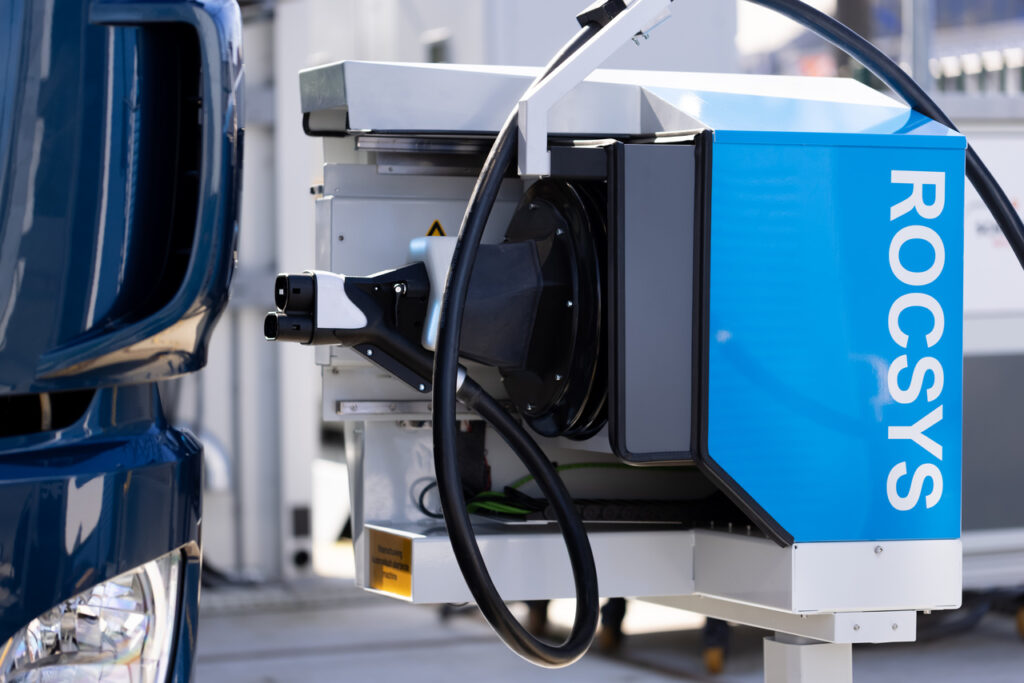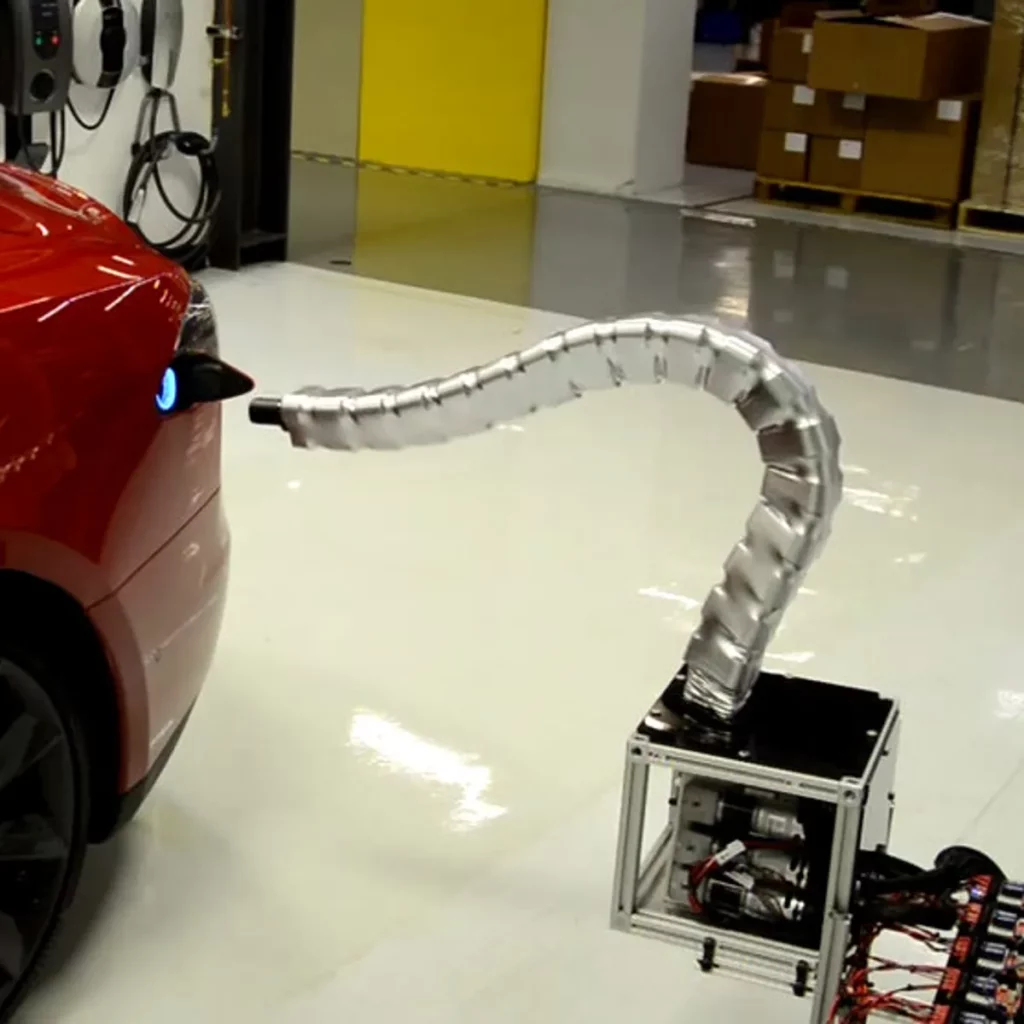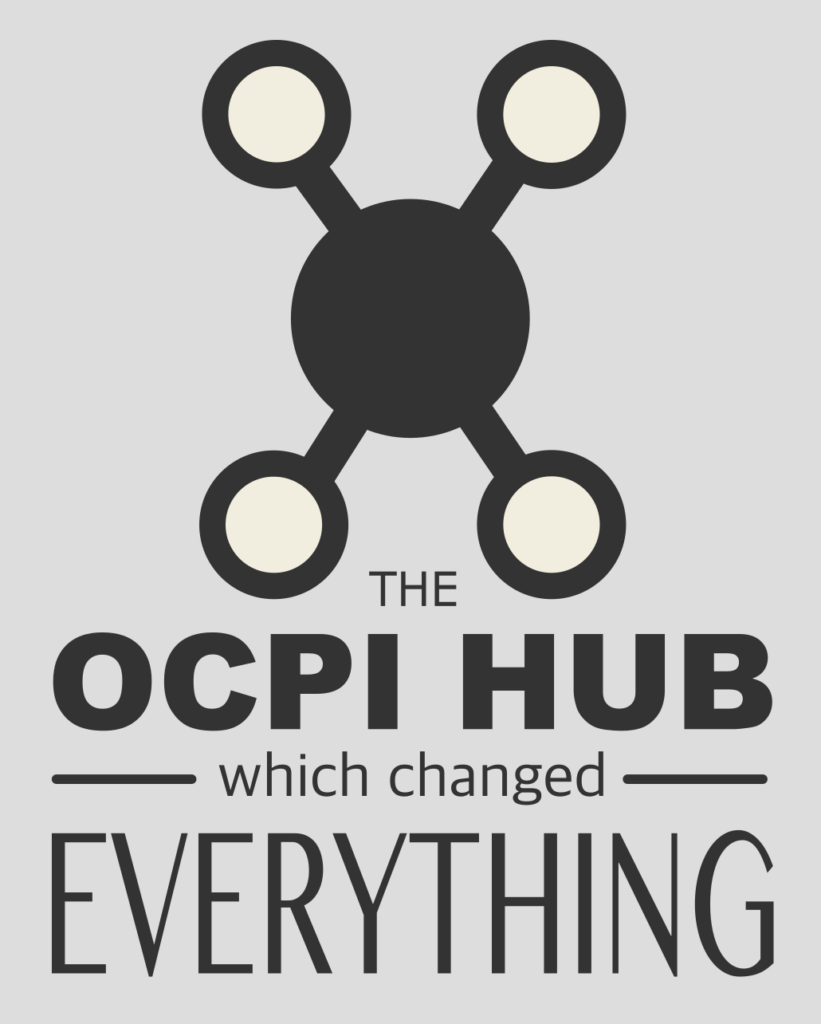
A glimpse at the future: what’s new in OCPI 3.0?
A Few Words About OCPI
Before going into the details of OCPI 3.0, let’s look at where we are now. Over the years, OCPI (Open Charge Point Interface) has become a de-facto standard for electric vehicle roaming. It is used all over Europe, as well as the United States, Australia, New Zealand, India, Malaysia and the Philippines. The protocol connects charging networks to each other allowing drivers to use charge points of all the connected charging networks.
Currently there are officially two protocol versions in use, 2.1.1 which provides no hub connectivity and 2.2.1 which is currently being deployed actively across the globe and is mandatory in some countries such as Portugal. Today, the version 2.1.1 is the one generally offered by roaming hubs, but with a few modifications which make the implementation incompatible with the OCPI standard. Recently also UK mandated that practically all charging networks are required to roam and practically it needs to be done using the OCPI protocol.
The introduction of OCPI 3.0 will fix many of the issues plaguing 2.1 and 2.2, such as the disability to set a credit limit to a charging session, and not being able to display the driver a reason for a charging problem. In addition, we will be able to incorporate Plug and Charge and Autocharge into our roaming networks.
But without further ado, let’s take a look at the new, exciting features.
OCPI 3.0 supports charging without an RFID or a mobile app
Bringing ultimate convenience to the EV driver, OCPI 3.0 supports protocols such as Plug & Charge and Autocharge, which authenticate the vehicle through the charging cable connection. This makes use of RFID tags and applications unnecessary, allowing the car to initiate payment automatically. All the driver needs to do is to connect the charging cable to the car and the charging will commence, provided that a contract has been signed with one of the participating eMobility Service Providers. On the downside, enabling Plug & Charge requires a complex set of services and technologies to be used, which may be the reason for its limited appeal among charging service providers so far.
Plug & Charge and Autocharge will be a must when charging autonomous vehicles. Since there may be no one there to connect the car or to operate the mobile app, the whole charging process needs to happen without human intervention. Coupled with a robotic charge connector, these technologies enable future robotaxis to charge autonomously across a wide range of charging locations.


Messaging with the EV driver
The introduction of OCPI 3.0 will significantly improve the communication between Charge Point Operators (CPOs) and EV drivers, as well as between Mobility Service Providers (MSPs) and charge point displays. In earlier versions of OCPI, there was no way for the CPO to inform the EV driver about charge point or billing related issues, which could result in confusion and frustration for the user.
The implementation of OCPI 3.0 has addressed this communication gap by providing two key features:
- MSPs can display pricing information or other messages directly on the charge point display. This helps EV drivers to understand their charging options and see any changes in pricing or other relevant factors.
- CPOs can send push messages directly to the EV driver’s phone or another channel provided by the MSP, providing real-time updates and instructions for resolving any issues that may arise during or before the charging process.
Ad-hoc tariffs and cryptocurrencies
Tariffs in OCPI 2.2 have been geared towards using an RFID or starting the charging session from the mobile app. OCPI 3.0 allows for separate tariffs for payments made on the local payment terminal. Cryptocurrencies are also supported, and multiple currencies can be made available to the driver to choose from. And thanks to the messaging mentioned above, the user specific tariff can be shown on the display at the charge point.
Improved security
While all the connections in OCPI are made over HTTPS, the plan is that OCPI itself will provide an improved level of security. The current preference is to use an existing, industry standard protocol or framework. This improves the reliability and security of the direct connections between roaming parties and connections through hubs. The OCPI messages and data will be protected against alteration.
Hiding the number of MSP’s customers
RFID tokens are more convenient than a mobile app for the driver, but they won’t automatically work during network outages. OCPI and OCPP protocols have specific features to alleviate this. When a token is marked as “whitelisted”, its identifier will be uploaded to the charge point with other whitelisted tokens. When such a token is used for starting a charging session, the charge point accepts it regardless of being able to get authorisation for charging.
However, this creates a situation where a CPO knows how many whitelisted RFID tags an MSP has, thus being able to deduct the approximate number of customers. OCPI 3.0 transfers this capability of deduction to the hub, which can take the responsibility for authorising whitelisted tokens. The CPO backend will need to request authorisation for all charging sessions. Unfortunately, this will omit charging service from the driver during network outages, unless there is an option of using a payment terminal.
Setting boundaries to the charging session
For the Mobility Service Providers (MSP), it is crucial to ensure that a charging session does not exceed the credit reservation made for the customer. In OCPI version 2.2, stopping a charging session before the credit reservation is depleted was possible by the MSP actively monitoring the cost and then stopping the session, as long as both the Charge Point Operator (CPO) and the MSP had implemented the Sessions module. However, due to a low update frequency and transmission delays, there could be instances of excess, unpaid charging.
To address this issue, OCPI version 3.0 has introduced specific functionality making it easier to prevent the possibility of exceeding the credit reservation.
Providing information to the grid operator
OCPI 3.0 will also facilitate balancing the grid. The grid operator is provided measurements at specific intervals from each charge point. These measurements include the load and frequency of the alternating current. Using this information, the grid operator is able to optimise and maintain a high service level.
GDPR support and data sharing regulation
The European GDPR requirements pose a strict framework for processing personal data. Specific functionality is planned for fulfilling the GDPR “right to access” and “right to be forgotten” requirements. However, this functionality may or may not be fulfilled through the OCPI protocol at the end.
Migrating customers from MSP to another MSP
The roaming networks are dynamic entities, and changes in company and data ownership occur. When an MSP company is bought by another company, the customers can be transferred to the new owner and roaming partners are informed about the transfer.
The Future is Bright
With the 3.0 upgrade, OCPI will be providing more security, convenience and even some luxury for the EV driver.
Choose the SolidRoam Roaming API for future proof roaming capability and increased ROI. We are committed to implementing OCPI 3.0 for our existing OCPI 2.2.1 toolkit, which makes it easy for a CPO and an eMSP to add roaming capability to their existing platform.
If for some reason you still remain convinced that you should implement your own OCPI, take a look at our tips and tricks.
For more information, you can book a session with our founder and CEO.

Erkki Tapola is a multi-faceted IT professional with a background in technology, leadership and products. Since 2020 he has focused on EV roaming and the OCPI protocol. Erkki founded SolidRoam in 2023 to continue the work of ChargerHub.EU, and he acts as CEO. His passion is to improve the reliability and ease of use in electric mobility. In his spare time he’s into electric road trips, couples dancing, bicycling and photography.





